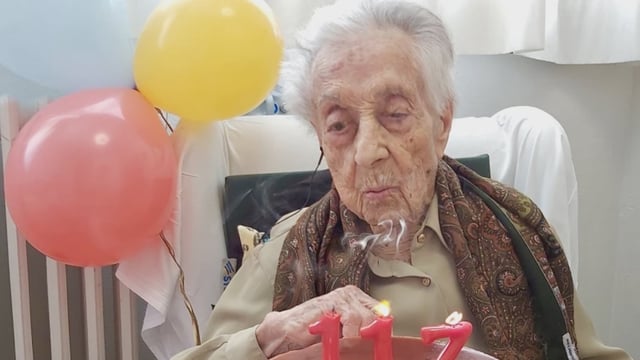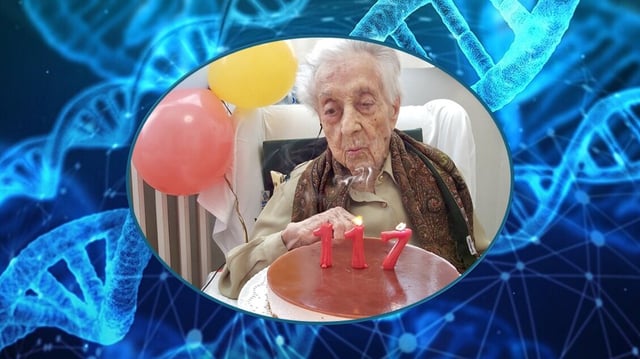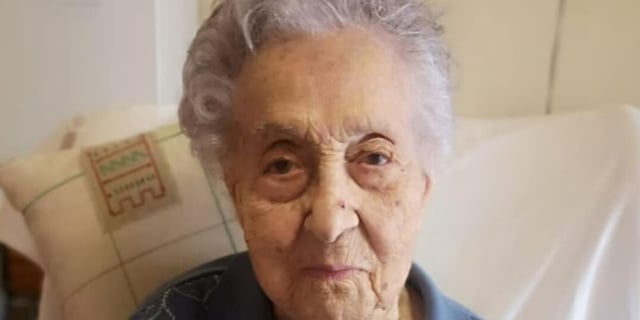Overview
- The Josep Carreras Institute published a multi-omic analysis of supercentenarian Maria Branyas in Cell Reports Medicine on Sept. 25, profiling her genome, epigenome, proteome and microbiome from minimally invasive samples.
- Her telomeres were up to 40% shorter than comparison samples, yet epigenetic clocks estimated a biological age roughly 23 years younger than her chronological age.
- Immune profiling indicated efficient memory against past infections alongside low, non–tissue-damaging inflammation.
- Her gut microbiota resembled that of much younger individuals and was dominated by bifidobacteria, with data also pointing to strong mitochondrial function and favorable cardiometabolic markers.
- The authors note limits from the single-case design and lack of organ or brain tissue and caution that no causal links to lifestyle can be drawn, calling for larger comparative studies.


